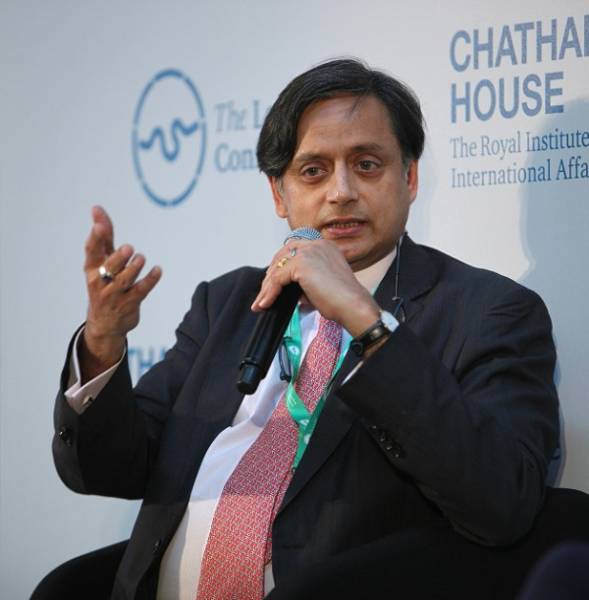I don't know if David Cameron defines a good week as one where he doesn't have lots of bishops telling him he's wrong, but if he does he's certainly having a bad one.
In a letter published in today's Daily Mirror, 27 Church of England bishops condemn the Coalition's welfare policies for creating a situation in which half a million people in the UK have visited food banks in the last year:
We often hear talk of hard choices. Surely few can be harder than that faced by the tens of thousands of older people who must “heat or eat” each winter, harder than those faced by families whose wages have stayed flat while food prices have gone up 30% in just five years.
Yet beyond even this we must, as a society, face up to the fact that over half of people using foodbanks have been put in that situation by cut backs to and failures in the benefit system, whether it be payment delays or punitive sanctions.
The intervention by the Church of England bishops, who are joined by 18 other leaders from the Church of Wales, the Methodists and the Quakers, follows remarks earlier in the week by the head of the Catholic Church in England and Wales, Cardinal Vincent Nichols, who told the Daily Telegraph that the prevalence of poverty in the UK is a "disgrace":
People do understand that we do need to tighten our belts and be much more responsible and careful in public expenditure. But I think what is happening is two things: one is that the basic safety net that was there to guarantee that people would not be left in hunger or in destitution has actually been torn apart. It no longer exists and that is a real, real dramatic crisis. And the second is that, in this context, the administration of social assistance, I am told, has become more and more punitive. So if applicants don’t get it right then they have to wait for 10 days, for two weeks with nothing - with nothing. For a country of our affluence, that quite frankly is a disgrace.
For his part, Cameron refused to take the clerical criticism lying down, and instead hit back at Nichols in the Telegraph, where he wrote that "seeing [the benefit] reforms through is at the heart of our long-term economic plan – and it is at the heart, too, of our social and moral mission in politics today". While the bulk of the piece focused on tackling the Cardinal's specific criticisms of welfare policy, the Prime Minister began it by welcoming clerical interventions in political debate:
It is sometimes said that the Church should not get involved in politics. I disagree. Many of the great political questions of our time are also moral questions – we should not be surprised, and nor should we be dismissive, when members of the clergy make their views known.
It's a question that seems worth posing to readers of this blog – do you agree with Cameron that Church leaders should offer their views on the issues of the day, or would you prefer them to stay well away from political matters?
And where does humanism fit in? Last year in New Humanist, I wrote a column in which I raised some questions about the apparent reluctance of organised humanism to engage with politics, except where it relates fairly directly to secularist issues. If you'd prefer not to see moral interventions in politics coming from religious leaders, would you like to see them coming from humanists? Or does humanism need to steer well clear of politics, and avoid dividing across ideological lines?

